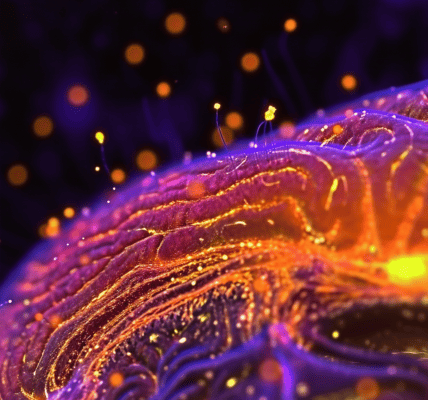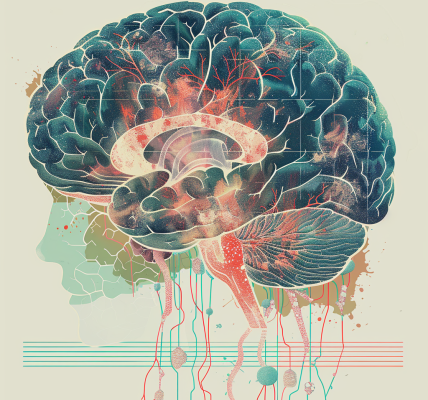Children with Autism Found to Have Unique Gut Flora, Reveals Study
Recent research has uncovered a potential breakthrough in the diagnosis of autism spectrum disorder, offering hope for a more objective and efficient diagnostic process.
The conventional method of diagnosing autism heavily relies on subjective observations and descriptions provided by parents, leaving room for potential inaccuracies and biases. This approach may result in underdiagnosis in certain groups and variations in symptoms presentation based on cultural and gender factors.
A study published in Nature Microbiology sheds light on a promising avenue for improved autism diagnosis: the gut microbiome. By examining over 1,600 stool samples from children aged 1 to 13, researchers identified distinct biological markers present in the samples of autistic children. These markers include unique traces of gut bacteria, fungi, and viruses, which could potentially serve as the foundation for a diagnostic tool in the future.
Qi Su, a lead author of the study from the Chinese University of Hong Kong, highlighted the significance of these findings. He emphasized that a tool based on biomarkers could revolutionize the diagnosis of autism, enabling professionals to identify the condition at an earlier stage. This early detection could facilitate access to more effective treatments for children with autism.
Sarkis Mazmanian, a microbiome researcher at the California Institute of Technology, underscored the limitations of current diagnostic methods that rely heavily on subjective assessments. He expressed optimism about the potential of objective measurements through biomarkers, emphasizing the transformative impact it could have on autism diagnosis.
The study’s findings offer a glimpse into the future of autism diagnosis, pointing towards a more precise and scientific approach that could benefit individuals with autism spectrum disorder. By leveraging insights from the gut microbiome, researchers are paving the way for innovative diagnostic tools that may revolutionize the field of autism research and treatment.





